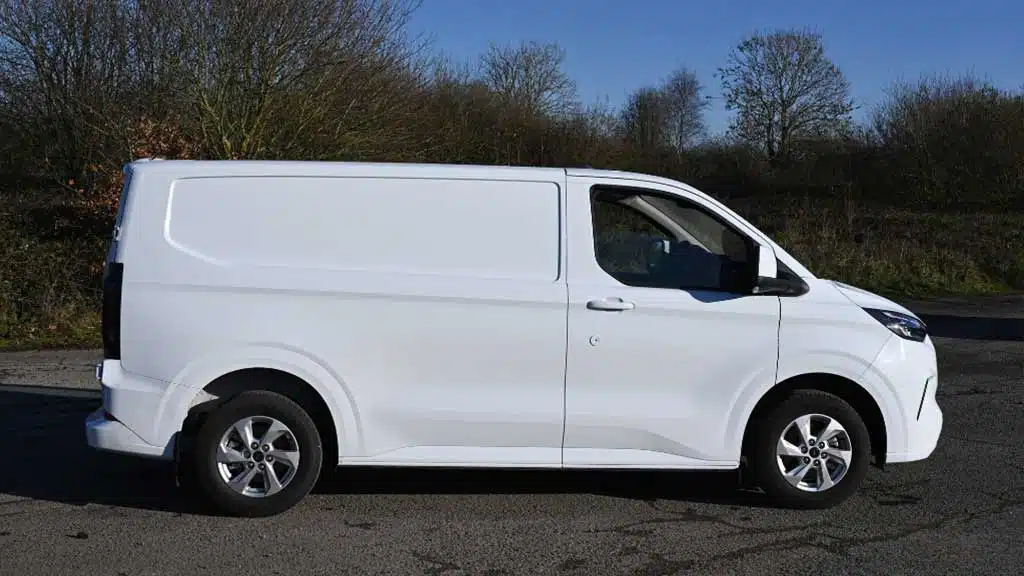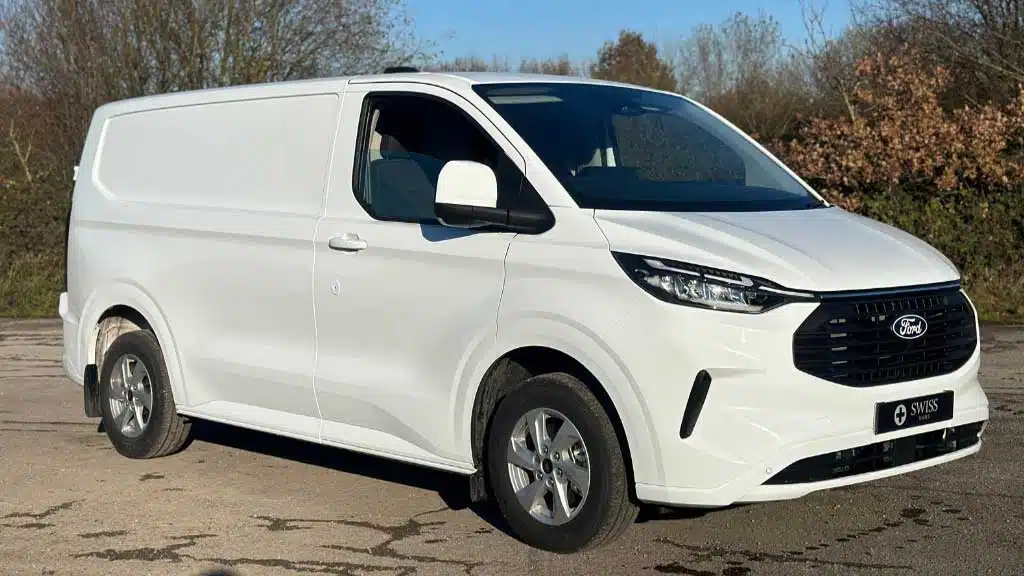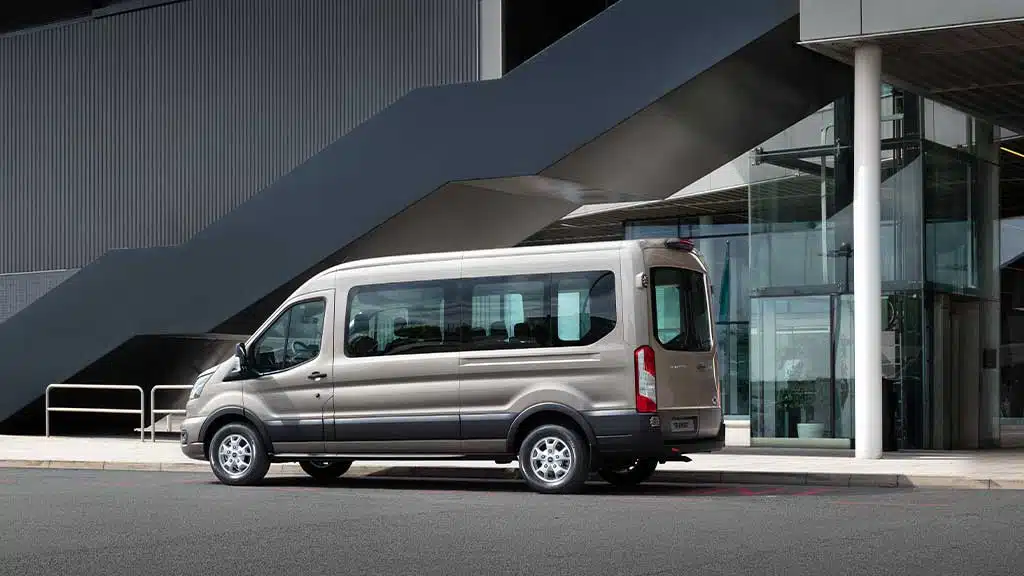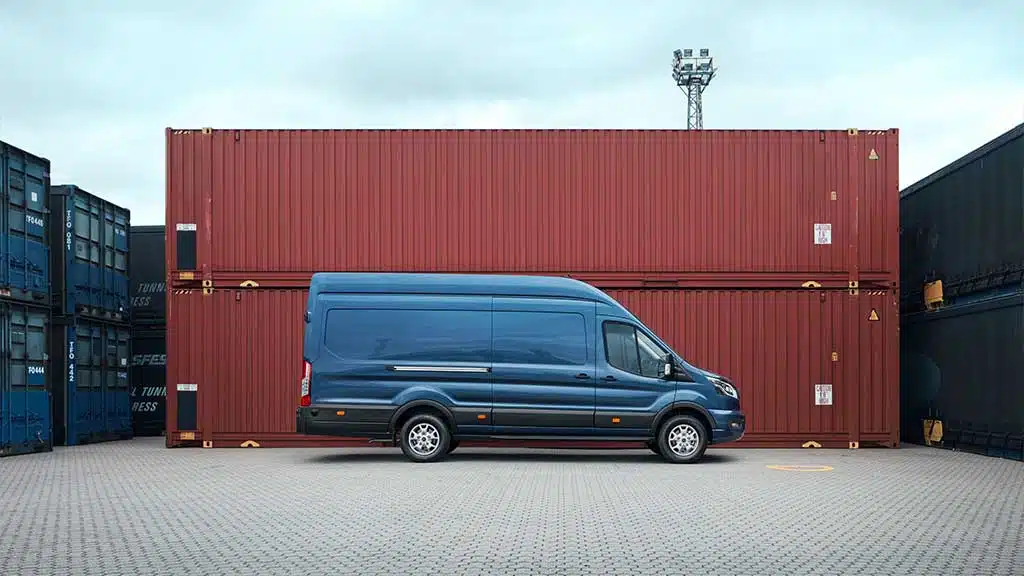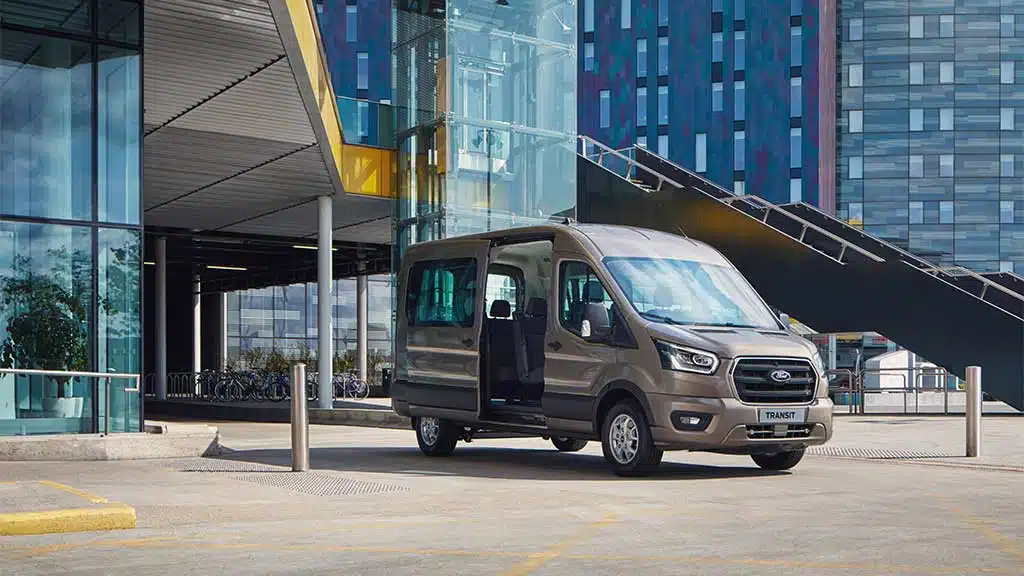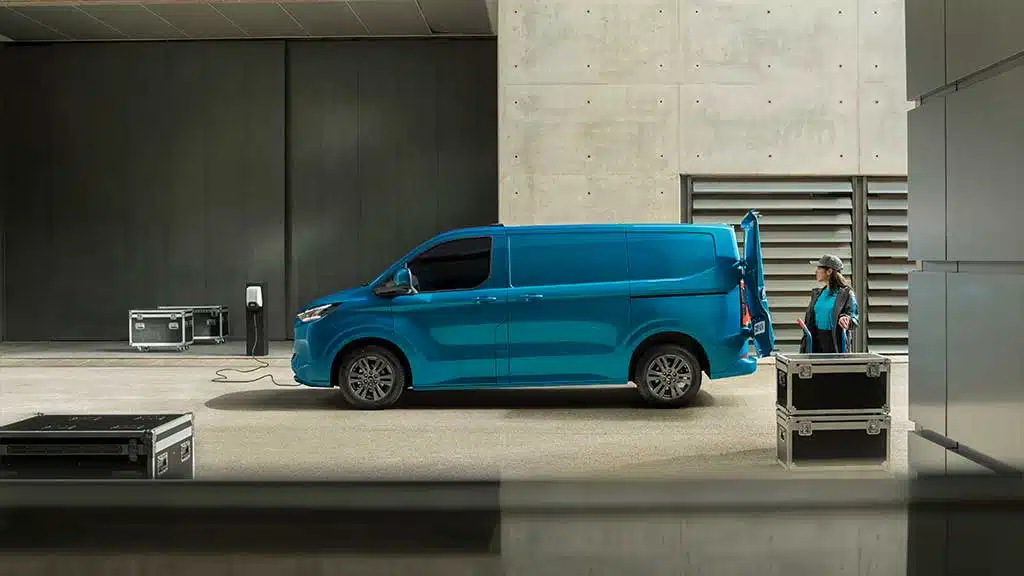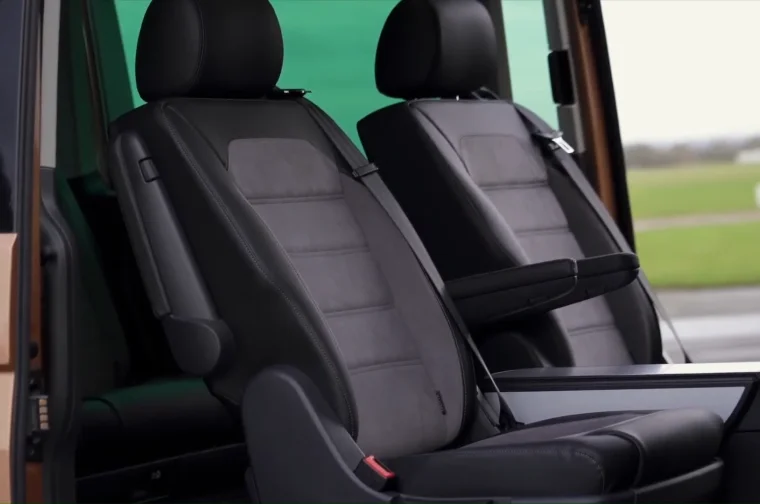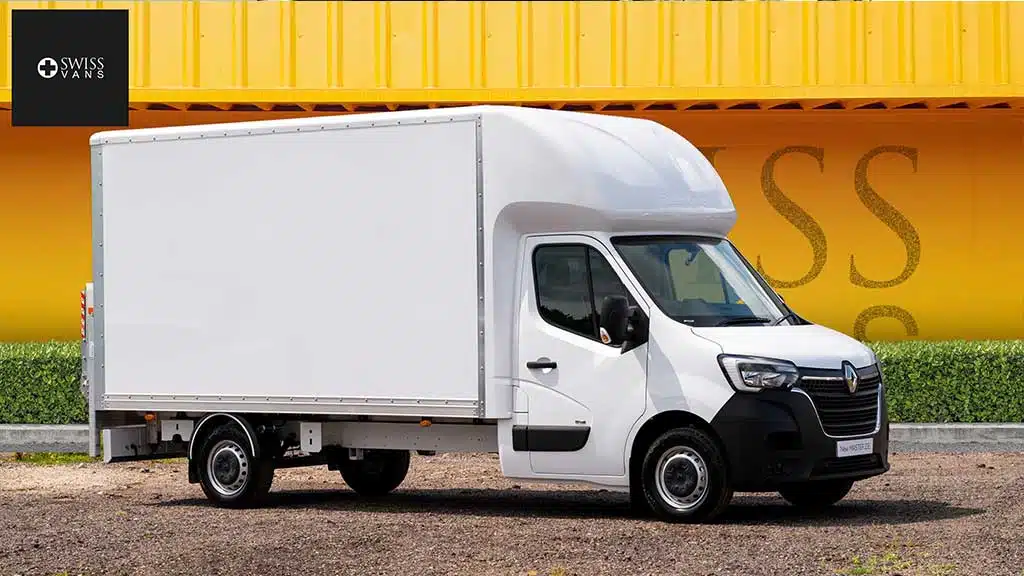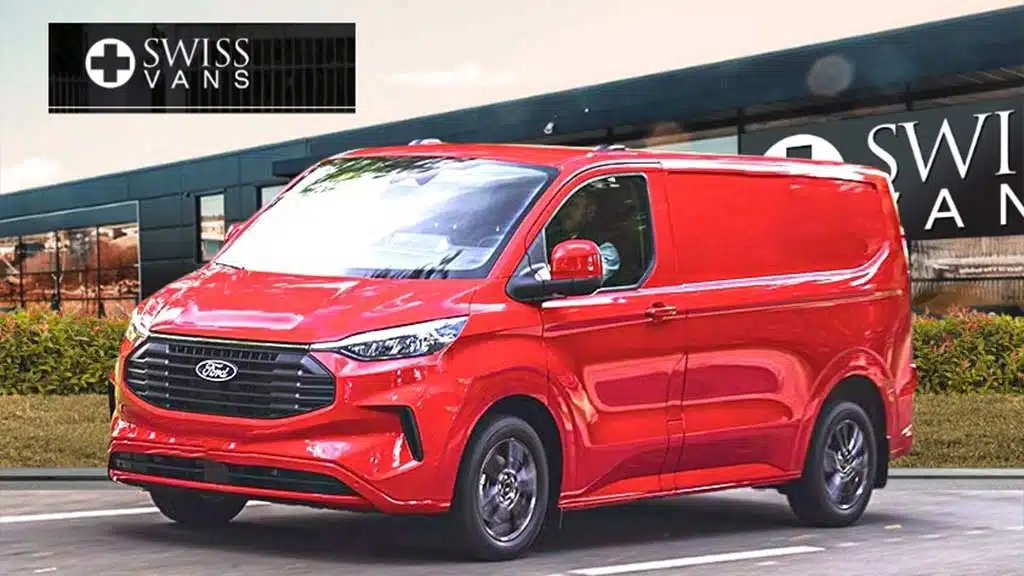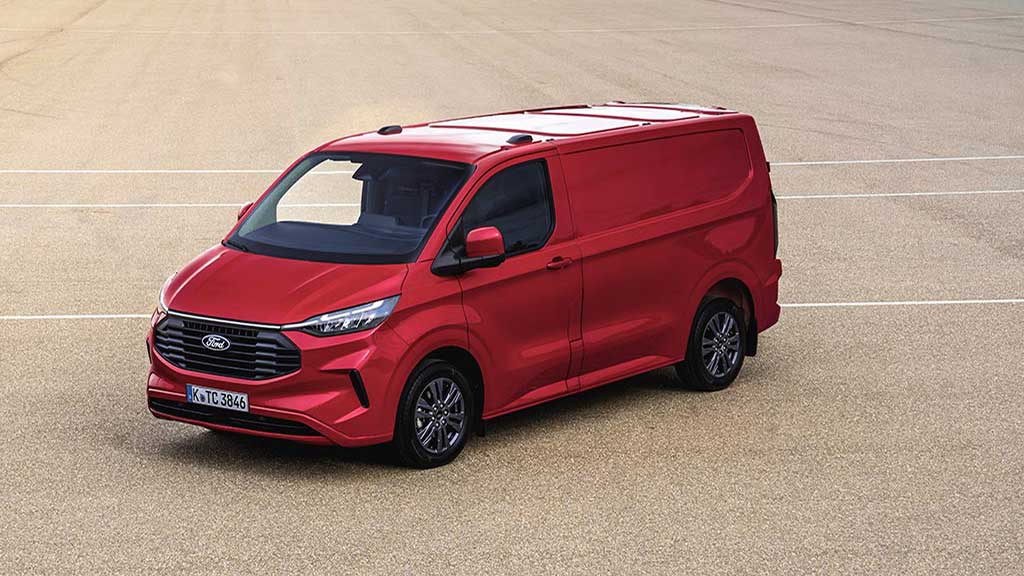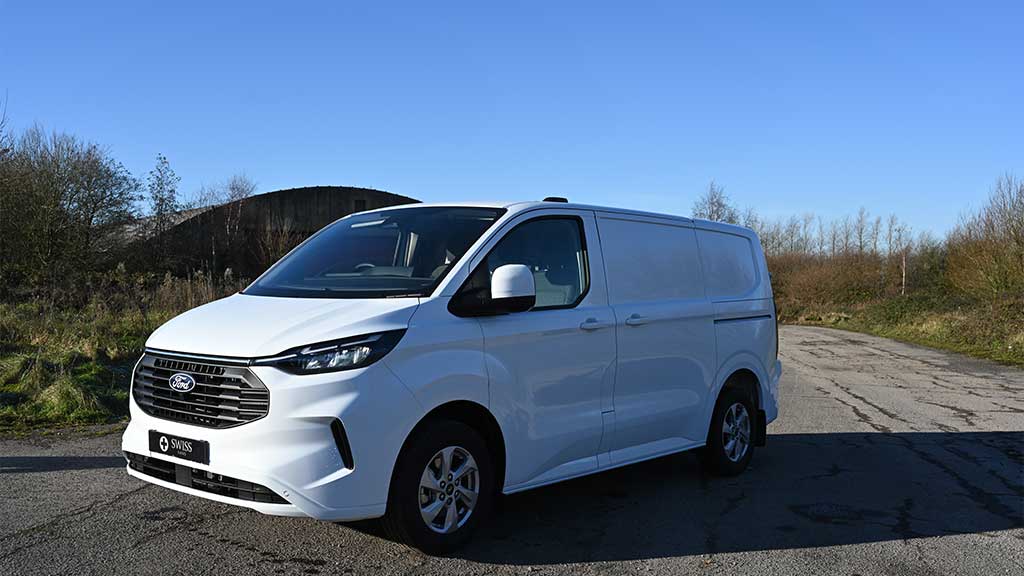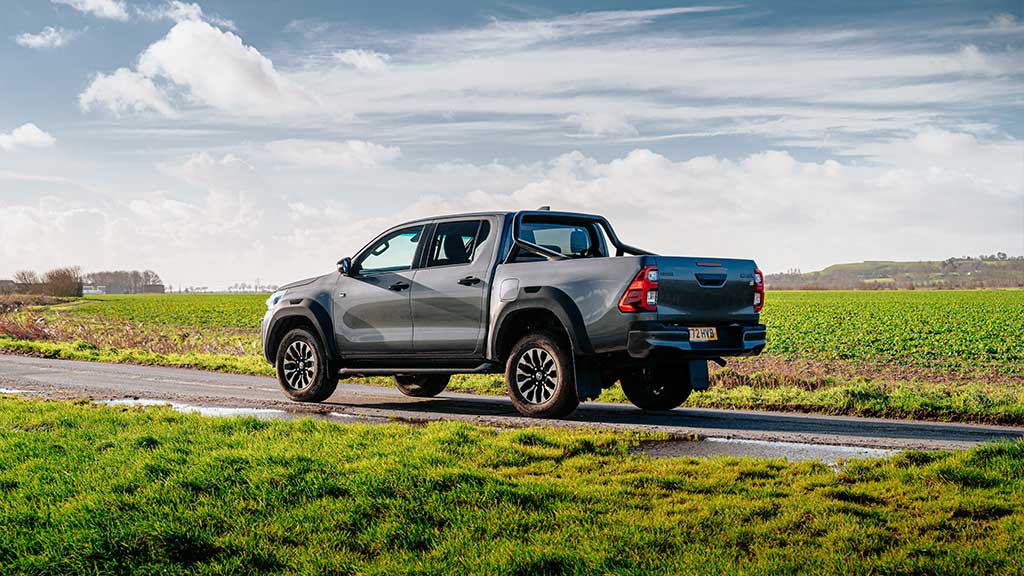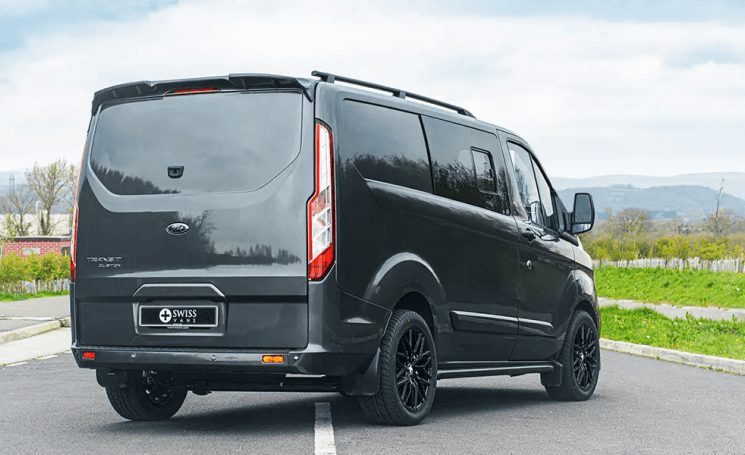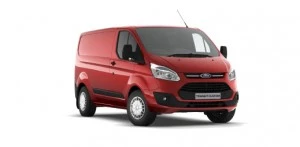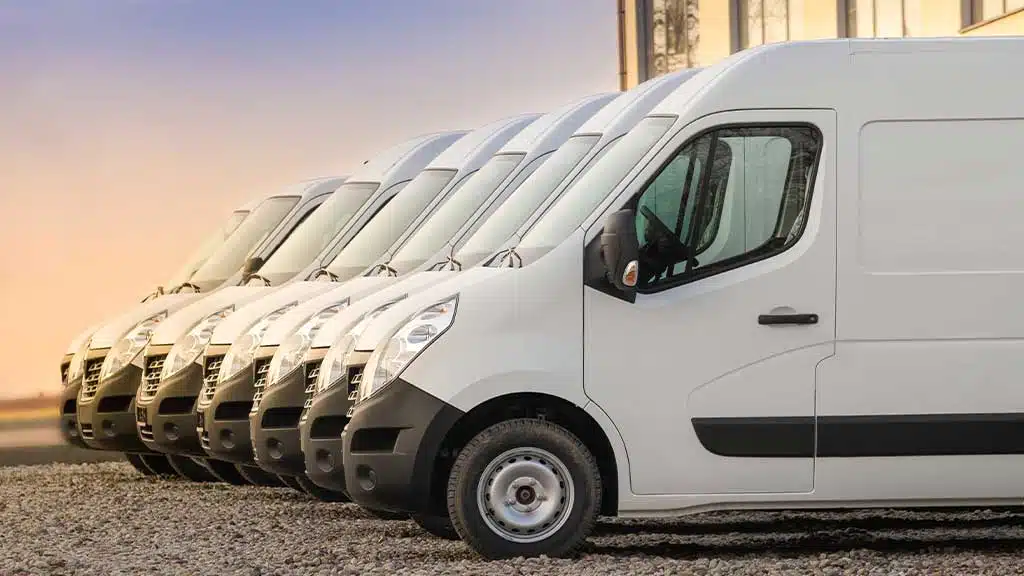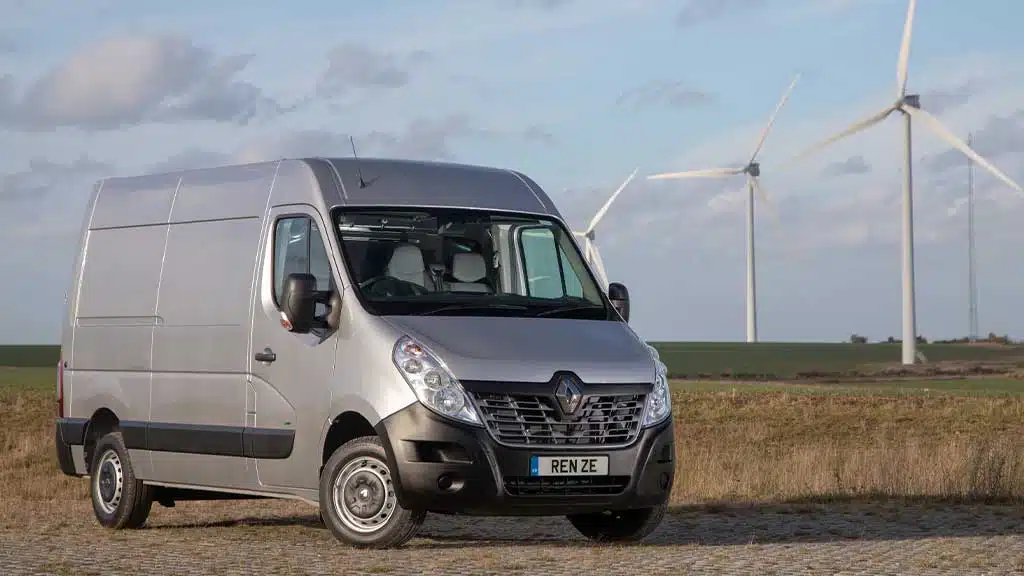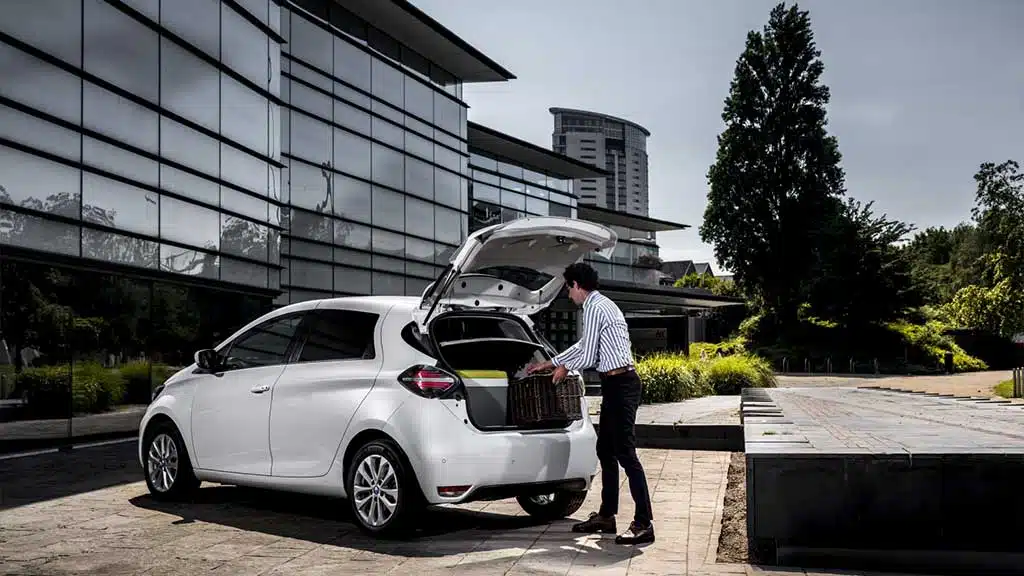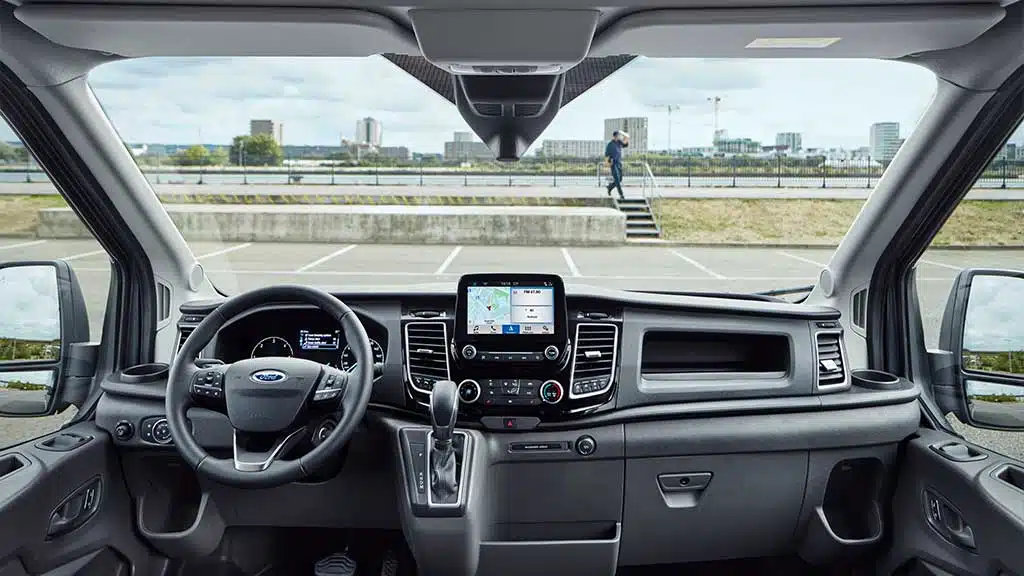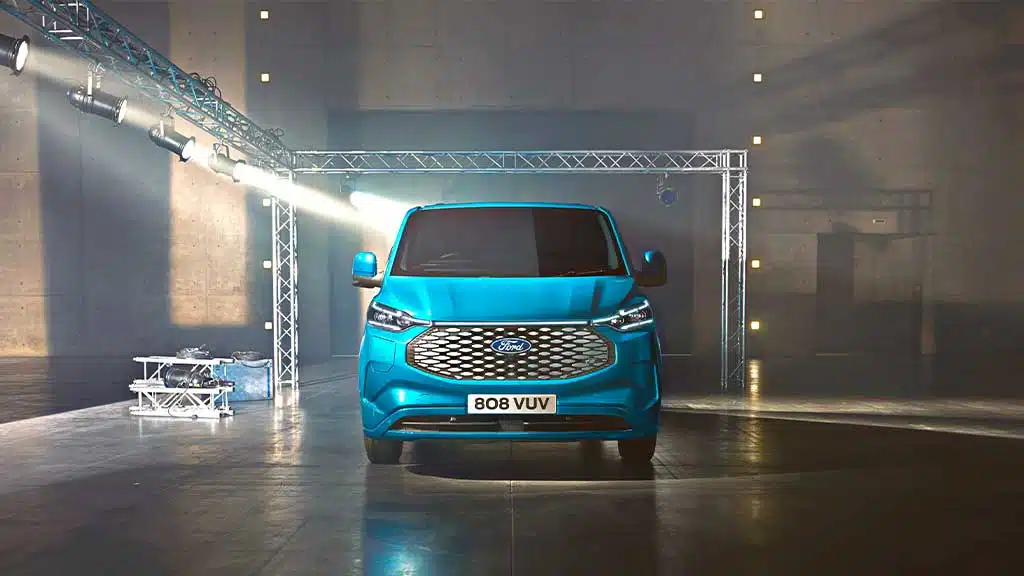Van financing is an important consideration if you’re looking to acquire one, whether for private or business use. The UK offers a significant number of van financing options to suit different driver circumstances. This has increasingly made it easier to acquire a new van without paying hefty initial amounts.
Today, vans are an essential part of individuals’ and corporations’ lives, accounting for a significant percentage of vehicles in the country. According to Finder, there were approximately 4.5 million registered vans in the UK by the end of 2022. In 2023, more than 300,000 vans were registered.
If you’re in the market for a new van, what financing option should you choose? Which one best suits your financial situation, and needs? In this comparative analysis, we’ll help you choose the right financing option.
What Are the Various Van Financing Options Available?
Due to the popularity of vans in the UK, there are a handful of financing options to consider. Whichever option you go with, it should be specific to your needs. The options are categorized according to the intended use of the van: business financing and personal financing options. These are Hire Purchase, Personal Contract Purchase (PCP), and Contract Hire.
Hire Purchase
Traditionally, people were used to paying a deposit, followed by monthly instalments to buy a vehicle. That’s the basis of Hire Purchase and is still common even in today’s dynamic markets. Essentially, in HP, you make an initial deposit for the van, but it’s also possible to find deals with no upfront deposit requirements.
In any case, if there’s a deposit, it’s usually 10% of the van’s cost, but you can pay a higher amount. The more you pay, the lower your monthly deposits become. You pay the balance over an agreed period, and this includes the interest on this balance. At the end of the agreement period, you become the owner of the van. So, essentially, HP is hiring the van until you make the final payment to become the owner.
Some HP contracts may also have a small “option to purchase” fee that you’ll need to pay to own the vehicle. Your van financier will let you know if this applies in your case.
Key Points to Note About HP
- Your monthly payments can be significantly higher compared to Contract Hire and Personal Contract Purchase (PCP).
- You don’t own the vehicle until you’ve completed your payments.
- The van must be put under proper insurance and maintained regularly until you complete your payments.
- If you fall behind on your monthly payments, the lender has the right to repossess the van without a court order. This may continue until you’ve cleared a third of the vehicle’s payable amount.
- You don’t have the right to sell the van until you’ve settled the HP agreement costs.
Advantages of HP
- Fixed monthly payments make it easier to budget for the cost.
- No restrictions on mileage.
- At the end of the agreement, you become the owner of the van.
Cons of HP
- You may have to put up with higher monthly instalments compared to other van financing options.
- Van ownership is transferred only after your final payment.
When should you consider HP?
HP is great if you want to own the van, but want the rights to use it without limitations while you wait to complete your payment.
Since the monthly payments are not fixed (due to interest on the balance), it may not be the best for startups and mid-sized businesses. Instead, it can best suit individuals who want a van for personal use.
Personal Contract Purchase (PCP)
A personal contract purchase (PCP) works in the same way as HP financing, but with lower monthly fees. You’re required to pay the upfront deposit, usually 10% of the van’s cost, but you may also get a 0% deal. However, the cost will be higher in the long run.
After paying the deposit, you pay equal monthly instalments over the contract period. But the amount won’t cover the total cost of the vehicle. That’s where the balloon payment at the end of the agreement comes in. This allows you to own the vehicle, but you can also opt not to pay and instead return the van to the financier.
Key Points to Note About PCP
- Under PCP, you’re simply paying for the van depreciation for the period of the agreement, along with the interests calculated on the total cost of the van.
- If you choose the PCP and opt to own the van, you should know that the final balloon settlement calculations are based on its guaranteed future value (GFV). This disregards depreciation factors such as damages. Depending on the lender, you may end up paying more than what you had in mind, despite the scratches and bumps on the vehicle.
- You should also consider your annual mileage estimates because your van comes with a mileage limit. Should you exceed this limit, you may have to pay for the excesses as laid down in your contract.
- The van must be properly insured under comprehensive insurance until you pay off its value or the contract ends.
Advantages of PCP
- The monthly payments are lower compared to HP.
- Better flexibility at the end of the agreement. You can choose to own or return the van and take another PCP agreement.
- With the upfront knowledge of your monthly fees, it becomes easier to plan your finances.
- No residual value concerns if you opt to own the van.
- Service and maintenance may be included in the contract.
Disadvantages of PCP
- Your PCP agreement has mileage restrictions.
- You may be required to pay additional charges for excessive wear and tear.
- A comprehensive insurance may be required for the agreement period.
When Should You Choose PCP
You’re better off choosing PCP if you want a van financing option with a lower financial outlay and known fixed monthly fees. Also, it’s suitable if you want to own the van at the end of the agreement.
In that case, it can best suit a business that is rapidly growing or wants to have a fleet of its own in the future.
Contract Hire
Contract Hire, also referred to as a van lease, is a long-term van rental agreement. It presents one of the most cost-effective ways to drive a brand-new van without hefty upfront costs. In this type of van financing option, you pay monthly fees to use the vehicle as if it were yours. You don’t own the van, nor do you have the ownership option. Instead, you simply return the van to the lender when the contract expires.
The length of a Contract Hire is usually between 12 and 48 months. Just like PCP and HP, you also pay an initial deposit before starting your monthly payments.
Key Points to Note About Contract Hire
- You don’t own the van at the end of the contract, nor do you have an option to purchase it.
- Your road tax is covered, and you may get other tax benefits, such as VAT deductions.
- You never have to worry about the burden of vehicle depreciation, as it is with PCP.
- Since you have to return the van, you need to factor in the damages by the end of the agreement. If the damage is beyond the normal wear and tear, the lender will require you to pay for it. Such conditions and other lender-specific terms are usually outlined in the agreement when you sign up for the van lease deal.
- The mileage restriction requires you to estimate your annual mileage in advance at the start of the contract. Any excess may attract penalties from the lender.
- You may incur penalties if you terminate the contract early.
- Some lenders may also offer an option that includes a maintenance and service package. This is referred to as a Business Contract Hire (BCH).
Advantages of Contract Hire
- The monthly payments are lower compared to PCP and HP.
- Vans used for business purposes benefit from a 100% VAT deduction.
- VAT payment is done on every lease rental instead of upfront.
- Vehicle excise duty (VED) is catered for during the entire contract period.
- Eliminates the stresses that come with vehicle ownership.
- Van fleet administration is minimal.
- No dealing with van depreciation risks.
- Save your capital for business growth.
- No stresses of disposing of the vehicle.
Disadvantages of Contract Hire
- Mileage restrictions can limit busy businesses.
- No ownership option available.
- You may be charged excess fees for damages greater than reasonable wear and tear.
- Full comprehensive insurance for the van is required.
When Should You Choose Contract Hire
A Contract Hire best suits you if you want a van financing option with a lower financial outlay at the beginning. It’s also best if you want fixed monthly payments and don’t want to deal with the stresses of full vehicle ownership.
This option is suitable for startups with tight capital. Leasing the van allows you to direct the extra capital to run your business.
Which Van Financing Option Is the Best
There’s no perfect financing option for everyone. It all depends on your unique circumstances, preferences, and budget. However, you should base your decisions on factors like ownership, monthly fees, mileage restrictions, and penalties for damages. Also, consider the flexibility offered at the end of the contract.
By closely looking at the pros and cons of each van financing option, you will be better positioned to pick the right option for you. If you still don’t have a clue about which option to go with, find a reputable lender to help you review the options.







